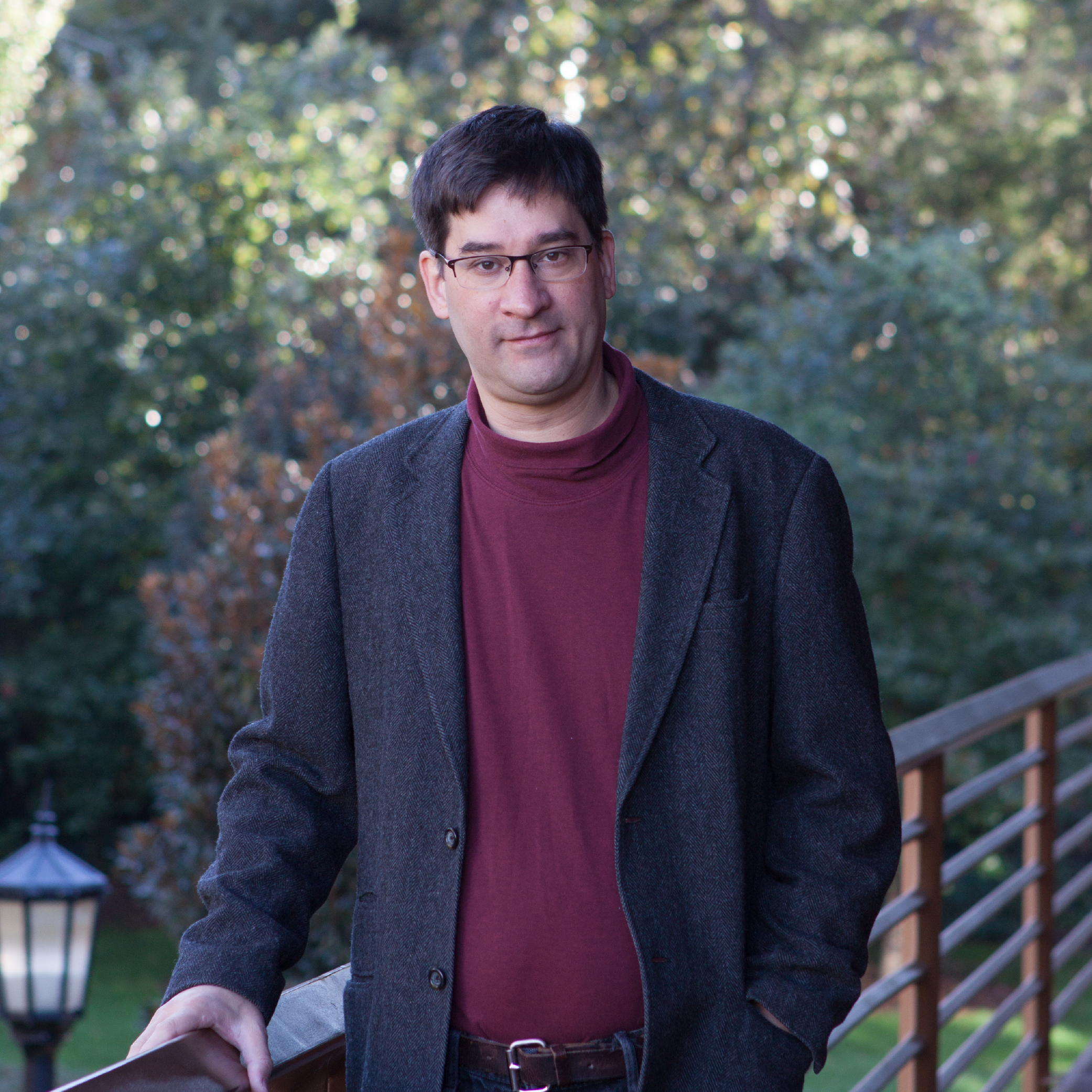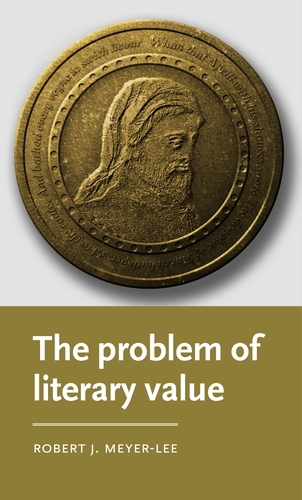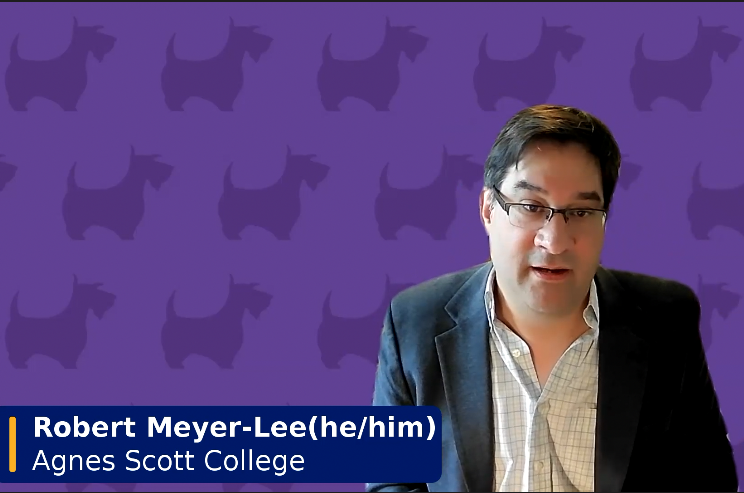The Problem of Literary Value
by Robert Meyer-Lee
Robert Meyer-Lee is Professor of English at Agnes Scott College. This book was supported by our TOME Atlanta program.
This book addresses the vexed status of literary value. Unlike other approaches, it pursues neither an apologetic thesis about literature's defining values nor, conversely, a demystifying account of those values' ideological uses. Instead, arguing that the category of literary value is inescapable, it focuses pragmatically on everyday scholarly and pedagogical activities, proposing how we may reconcile that category's inevitability with our understandable wariness of its uncertainties and complicities. Toward these ends, it offers a preliminary theory of literary valuing and explores the problem of literary value in respect to the literary edition, canonicity and interpretation. Much of this exploration occurs within Chaucer studies, which, because of Chaucer's simultaneous canonicity and marginality, provides fertile ground for thinking through the problem's challenges. Using this subfield as a synecdoche, the book seeks to forge a viable rationale for literary studies generally.
From the author
I am thrilled to publish this book open access, especially since, as its title suggests, it possesses the ambition of speaking not only to the medievalists addressed by my previous publications but also to a broader audience. With its series of reflections on the practice of literary study, it seeks to prompt conversation about the ways in which anyone who regularly engages with literature must navigate the slippery, fraught, but inescapable question of literary value. My hope is that open access will enable those who might find those reflections generative to test the book’s waters – and wade deeper or turn quickly back to the shore as they are inclined. To be sure, universal open access would do much for a public sphere critically in need of enrichment. In lieu of that ideal, however, I am deeply grateful to be granted its benefit for this attempt to speak to anyone who shares this book’s central concerns.



